Ex-Danish premier to take over NATO
The conflict in Afghanistan is set to dominate Anders Fogh Rasmussen's tenure as the new NATO secretary general, as it did that of his predecessor.
Saturday, 01.08.2009.
15:06

The conflict in Afghanistan is set to dominate Anders Fogh Rasmussen's tenure as the new NATO secretary general, as it did that of his predecessor. Divisions among NATO members still exist, though now they have a different focus. Ex-Danish premier to take over NATO Back in 2004, when Jaap de Hoop Scheffer became the new NATO secretary general, the alliance had 19 members, a small deployment of troops in Afghanistan and was dealing with the fallout of the US-led war in Iraq. Now, five years later, NATO is getting a new leader in former Danish Prime Minister Anders Fogh Rasmussen, and the problems for the group seem to have gotten bigger. NATO has grown to encompass 28 members, including France, which returned to the fold in April following a 40-year absence. The alliance also has 64,500 soldiers stationed in Afghan territory and the Iraq fallout is still there -- but now focus has turned to relations with Russia. These are the items set to dominate the tenure of Rasmussen, who took office on August 1. The conflict in Afghanistan is the largest military campaign in NATO's history. It's also the bloodiest, with over 1,000 Western troops killed since the alliance began operations in the region. Many NATO members have begun to lose faith in the mission, and one by one they have begun making plans to pull out their troops. The Dutch are expected to recall their soldiers from Afghanistan next year, and Canada is debating a 2011 pull-out. Meanwhile Great Britain's role in the conflict has come under fire at home after 22 soldiers were killed during fighting last month alone. This leaves Rasmussen in the unenviable position of shoring up support while still making sure that no member state feels as if they are being forced to carry too much of the burden - which has happened in the past - all while keeping Muslim nations happy. In fact, Rasmussen almost didn't get the job because of concerns expressed by Turkey. Turkish Prime Minister Recep Tayyip Erdogan had spoken out against Rasmussen taking the position because of caricatures of the prophet Mohammed that were printed in Danish magazines while Rasmussen was head of the government. Divisions also remain within NATO over the question of alliance enlargement and its relationship with Russia - two issues which have become intertwined. During the NATO summit in April 2008, members agreed that Georgia and Ukraine would be allowed to join the alliance at some point in the future. The announcement was meant to keep the peace among those countries - like the US, Great Britain and Poland - who wanted to see the two former Soviet republics join as soon as possible and those who were warning that such a move would enrage Russia - like Germany and Italy. Then came the Russian invasion of Georgia last summer and the gas dispute between Moscow and Kiev over the winter. These events have renewed concerns over Russia on both sides. Some members are calling for closer ties with Moscow, while others accuse Russia of trying to create a sphere of influence within Europe. Rasmussen is also under pressure to find a new balance of power between the US, the UK, Germany and France and to deal with other issues that have surfaced such as pirates off the coast of Somalia. As the first former head of a government to take the post, many diplomats are confident he is up to the challenge.
Ex-Danish premier to take over NATO
Back in 2004, when Jaap de Hoop Scheffer became the new NATO secretary general, the alliance had 19 members, a small deployment of troops in Afghanistan and was dealing with the fallout of the US-led war in Iraq.Now, five years later, NATO is getting a new leader in former Danish Prime Minister Anders Fogh Rasmussen, and the problems for the group seem to have gotten bigger.
NATO has grown to encompass 28 members, including France, which returned to the fold in April following a 40-year absence. The alliance also has 64,500 soldiers stationed in Afghan territory and the Iraq fallout is still there -- but now focus has turned to relations with Russia.
These are the items set to dominate the tenure of Rasmussen, who took office on August 1.
The conflict in Afghanistan is the largest military campaign in NATO's history. It's also the bloodiest, with over 1,000 Western troops killed since the alliance began operations in the region.
Many NATO members have begun to lose faith in the mission, and one by one they have begun making plans to pull out their troops.
The Dutch are expected to recall their soldiers from Afghanistan next year, and Canada is debating a 2011 pull-out. Meanwhile Great Britain's role in the conflict has come under fire at home after 22 soldiers were killed during fighting last month alone.
This leaves Rasmussen in the unenviable position of shoring up support while still making sure that no member state feels as if they are being forced to carry too much of the burden - which has happened in the past - all while keeping Muslim nations happy.
In fact, Rasmussen almost didn't get the job because of concerns expressed by Turkey. Turkish Prime Minister Recep Tayyip Erdogan had spoken out against Rasmussen taking the position because of caricatures of the prophet Mohammed that were printed in Danish magazines while Rasmussen was head of the government.
Divisions also remain within NATO over the question of alliance enlargement and its relationship with Russia - two issues which have become intertwined.
During the NATO summit in April 2008, members agreed that Georgia and Ukraine would be allowed to join the alliance at some point in the future.
The announcement was meant to keep the peace among those countries - like the US, Great Britain and Poland - who wanted to see the two former Soviet republics join as soon as possible and those who were warning that such a move would enrage Russia - like Germany and Italy.
Then came the Russian invasion of Georgia last summer and the gas dispute between Moscow and Kiev over the winter. These events have renewed concerns over Russia on both sides. Some members are calling for closer ties with Moscow, while others accuse Russia of trying to create a sphere of influence within Europe.
Rasmussen is also under pressure to find a new balance of power between the US, the UK, Germany and France and to deal with other issues that have surfaced such as pirates off the coast of Somalia.
As the first former head of a government to take the post, many diplomats are confident he is up to the challenge.





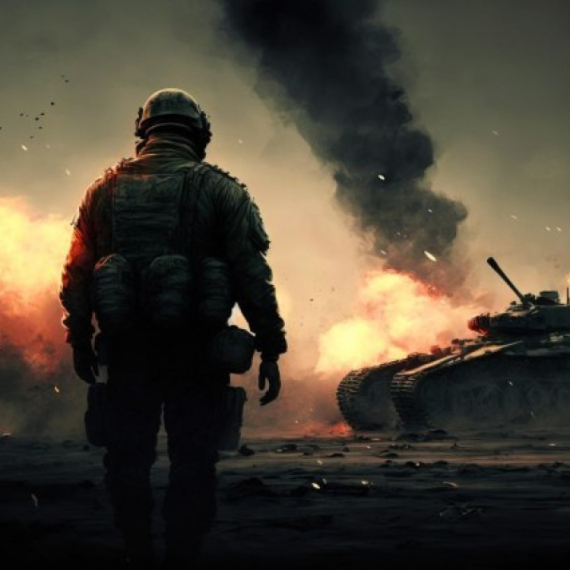




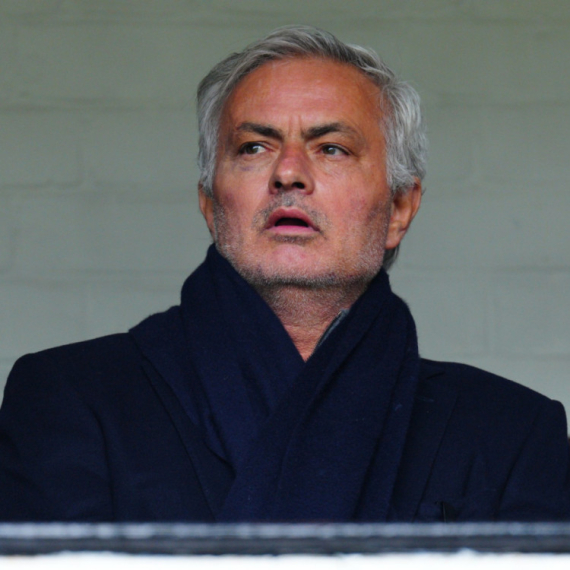
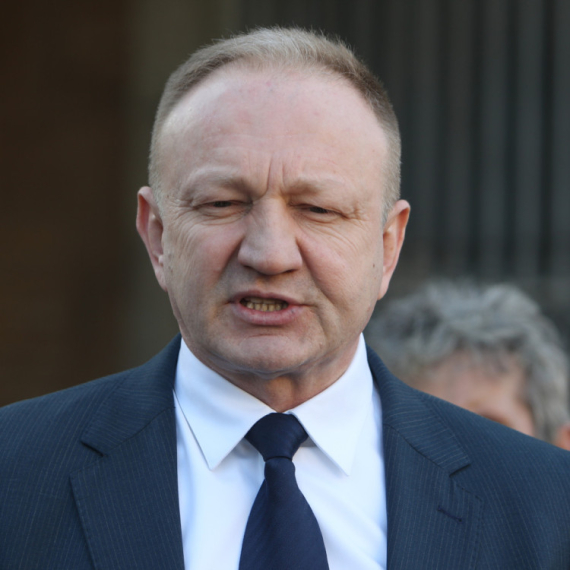
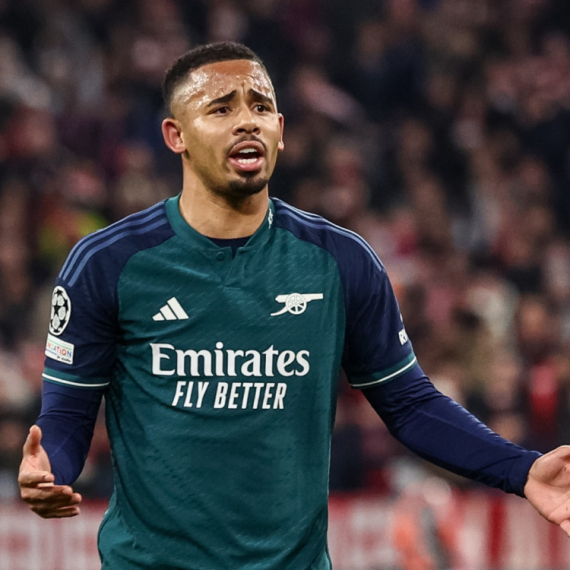
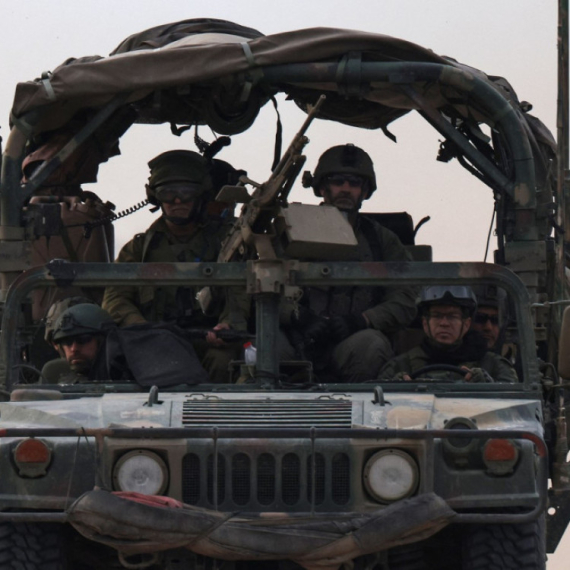
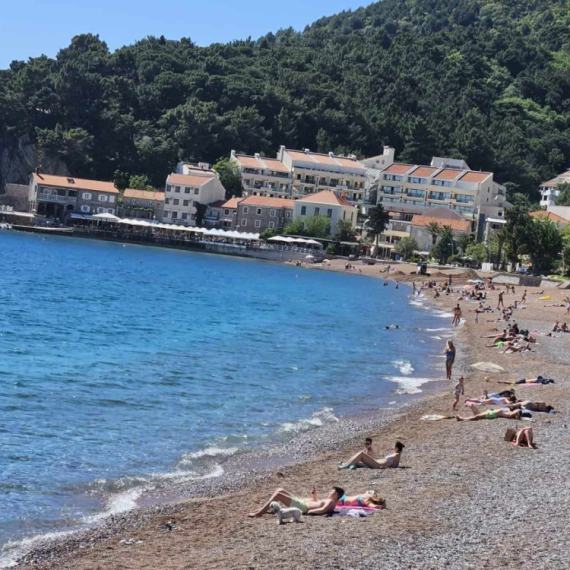
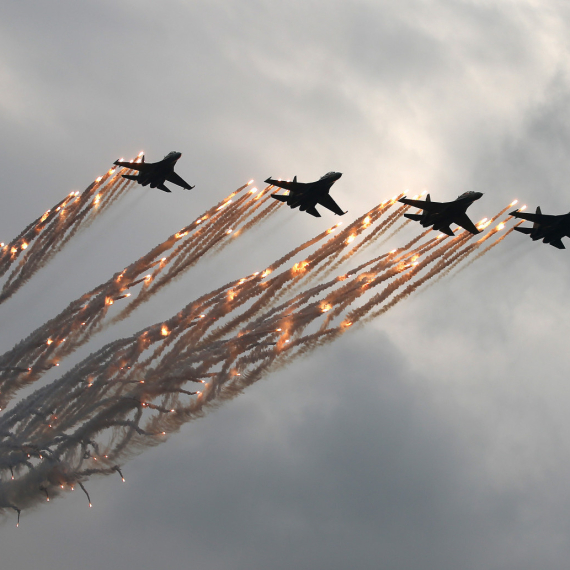
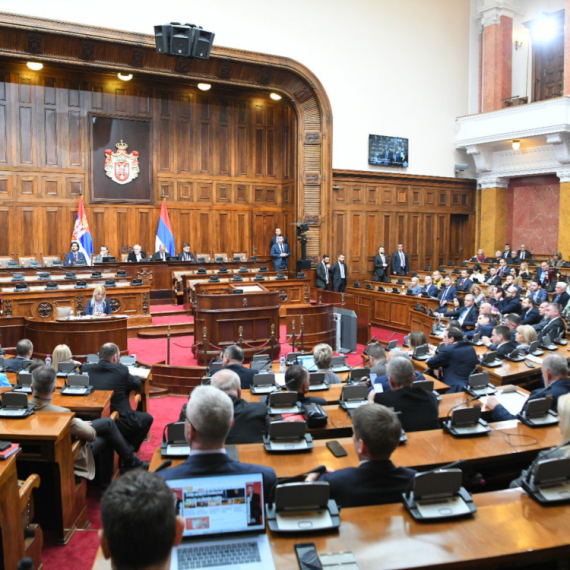
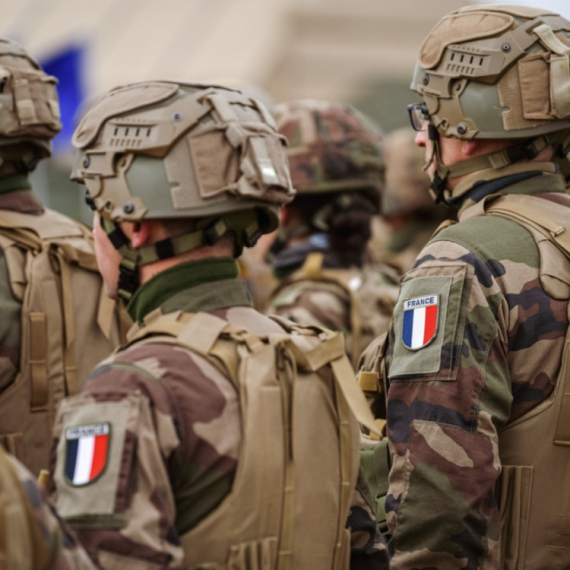

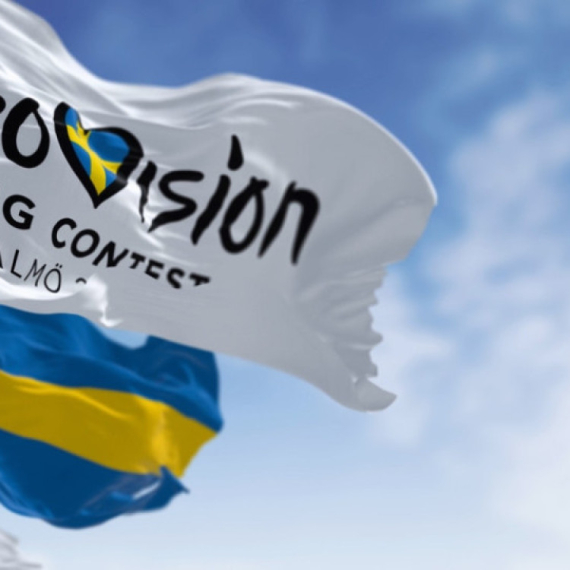
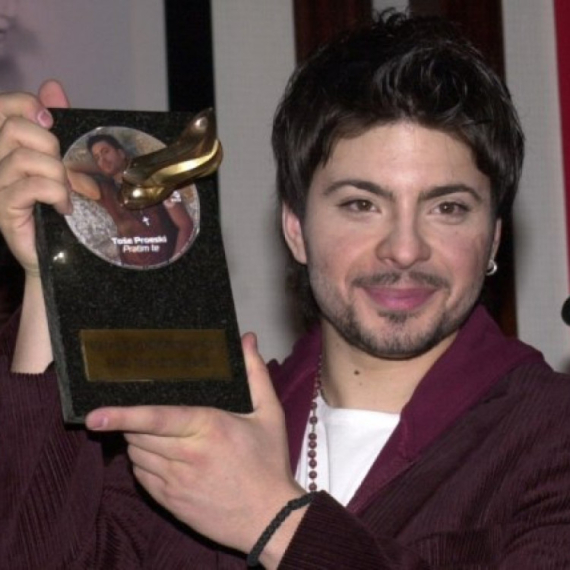
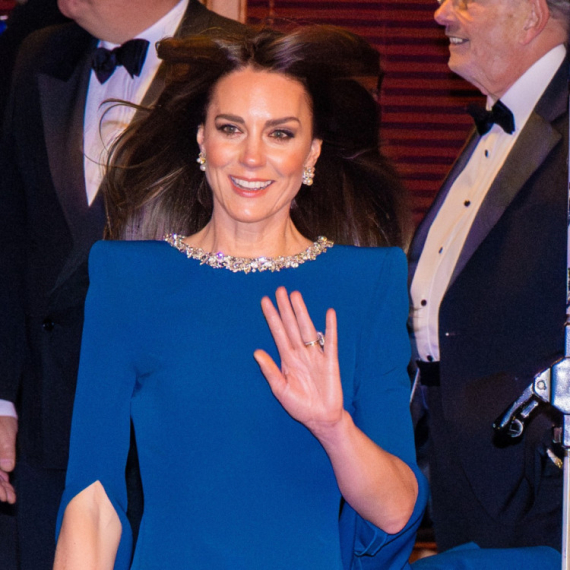
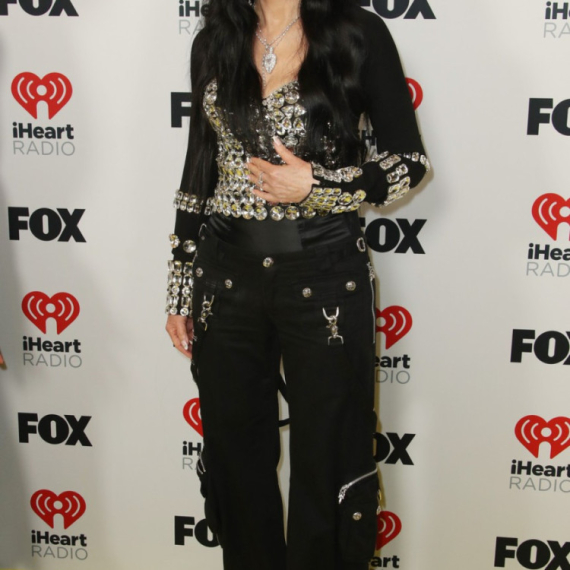

























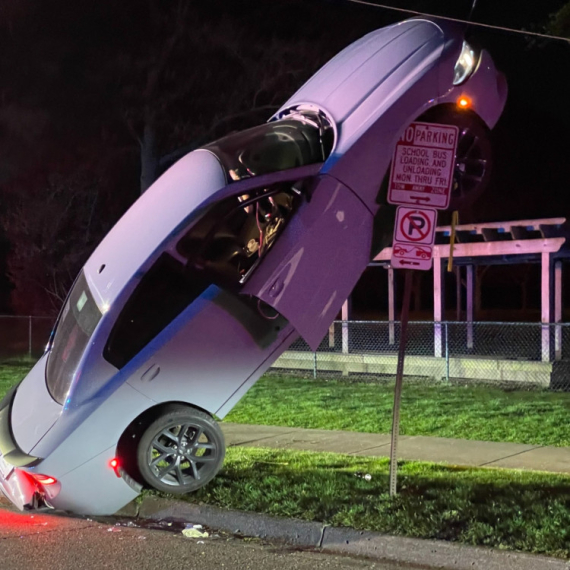

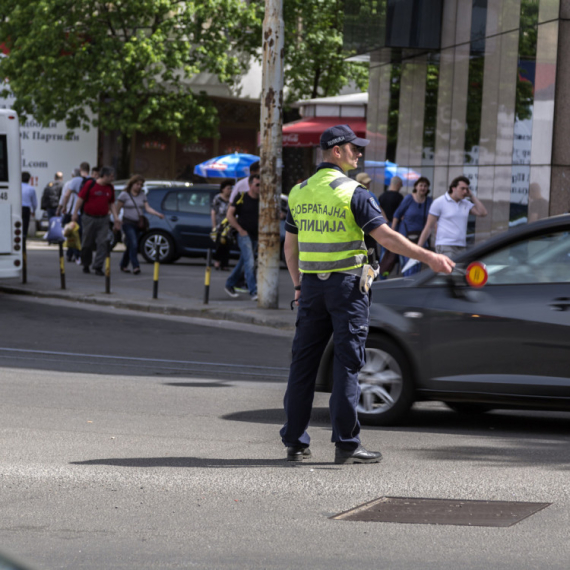



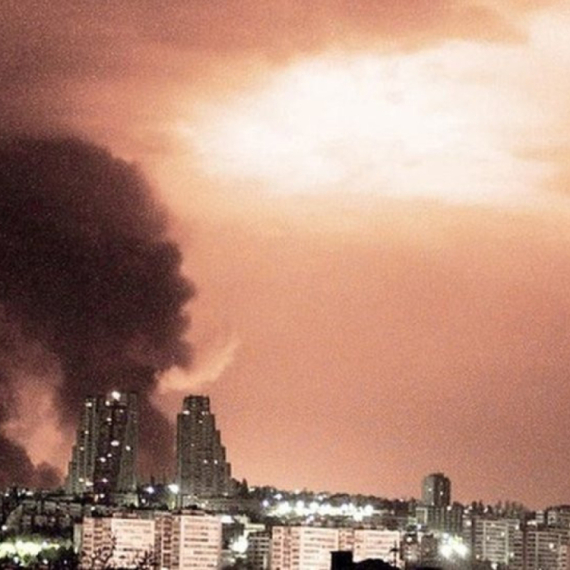
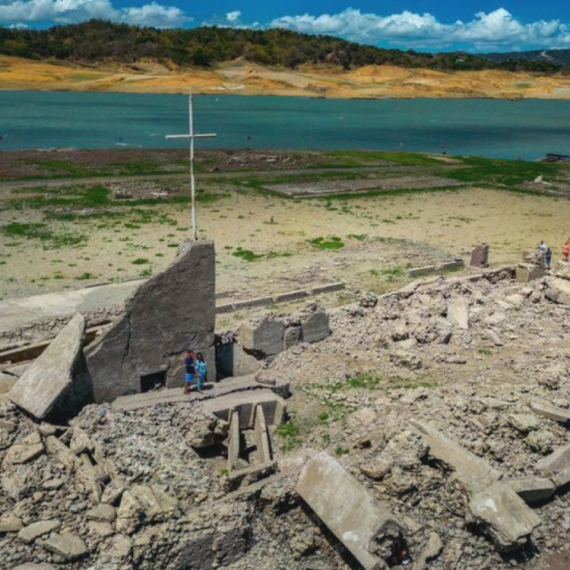



Komentari 1
Pogledaj komentare